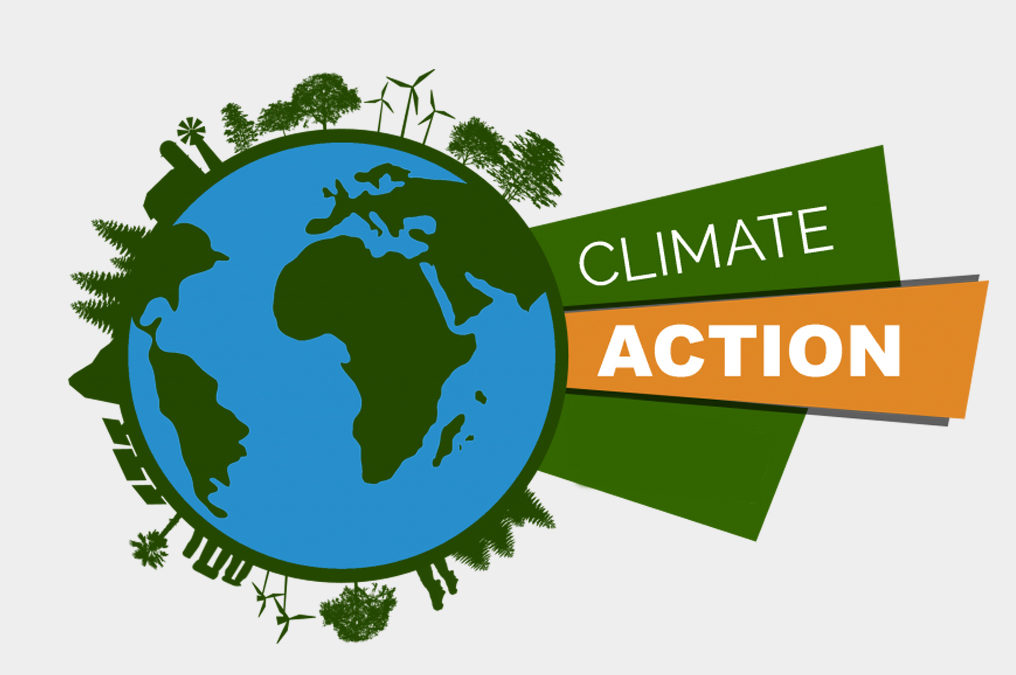Stakeholders Demand Climate Action Ahead of COP28

By Obiabin Onukwugha
Stakeholders in the environmental sector have put forth crucial demands, highlighting the pressing issues hindering climate change mitigation efforts in Africa and other economically challenged nations worldwide, ahead of COP28.
These demands were encapsulated in a communiqué issued at the conclusion of the Second National Conference on Climate Change, organized by Corporate Accountability and Public Participation Africa (CAPPA), titled “Creating a sustainable climate finance for Nigeria,” in preparation for COP28 in Abuja.
The diverse group of stakeholders included frontline communities, civil society, scholars, development experts, and representatives from key Nigerian government environmental agencies.
Their discussions encompassed a broad spectrum of topics, including the Nigerian Agenda for COP28, the complexities of carbon offsets, the challenges faced by the sinking city of Ayetoro in Ondo State, the persistent pollution crisis in the Niger Delta, the shrinking Lake Chad, the African Climate Summit pact, and other global climate conversations of national significance.
Following intense deliberations, conference participants collectively recognized that Nigeria, like many nations, is grappling with the devastating impacts of climate change, including extreme weather events and ecological disruptions.
Consequently, they called for urgent action to address the challenges posed by climate change and its adverse impact on the Nigerian environment, economy, and social fabric.
The communiqué emphasized the disproportionate burden on African nations, which, despite contributing the least to global warming, bear the brunt of its consequences.
While COP27 acknowledged the need for a loss and damage fund for vulnerable countries, the lack of commitment from historically polluting nations such as the US, Europe, and China to provide reparations undermines the viability of such efforts.
Moreover, the absence of a pro-people strategy from African governments in demanding accountability from polluting nations and entities prolongs the much-needed assistance for climate change victims.
The communiqué specifically noted challenges in the operationalization of the Loss and Damage finance mechanism, including uncertainties about where funds will be warehoused and who the paying entities will be.
The constrained budgets of African nations, coupled with ongoing debt repayments, limit their capacity to invest in economic development, social protection, and climate mitigation and adaptation efforts.
The Africa Climate Summit also fell short by failing to commit to phasing out fossil fuel use. While Africa argues that its resources must be harnessed for development, the extraction of these resources rarely benefits the continent’s population but is instead exported abroad.
Additionally, proposals suggesting the World Bank as a potential host for the loss and damage fund were criticized. Entrusting international financiers with climate decisions for vulnerable nations could compound the already formidable debt challenges faced by developing nations.
The communiqué concluded by asserting the need to engage with government at various levels to address the deplorable conditions of vulnerable communities and advocate for governmental action.
In his opening remarks, the Minister of State for Environment, Dr. Iziaq Salako, underscored the multifaceted importance of recognizing climate change as an economic, social, and moral imperative that necessitates coordinated and collective action.
The event also featured a keynote address on the urgent need for a sustainable climate finance mechanism for Nigeria and Africa, delivered by Prof. Lanre Fagbohun, former Vice Chancellor of Lagos State University.
The dire situation of Ayetoro City in Ondo State, ravaged by climate change-induced ocean surges and floods, was presented by HRH Oba Ojagbohunmi Oluwambe (JP), the Ogeloyinbo of Ayetoro.
Dr. Nnimmo Bassey, Executive Director of the Health of Mother Earth Foundation (HOMEF), critiqued the Nairobi Declaration at the Africa Climate Summit, stressing the necessity of a just transition to ensure Africa’s sustainable future.
The manifesto proposed by frontline communities and vulnerable populations in the Global South was highlighted as a crucial step in addressing Africa’s sustainable future.
